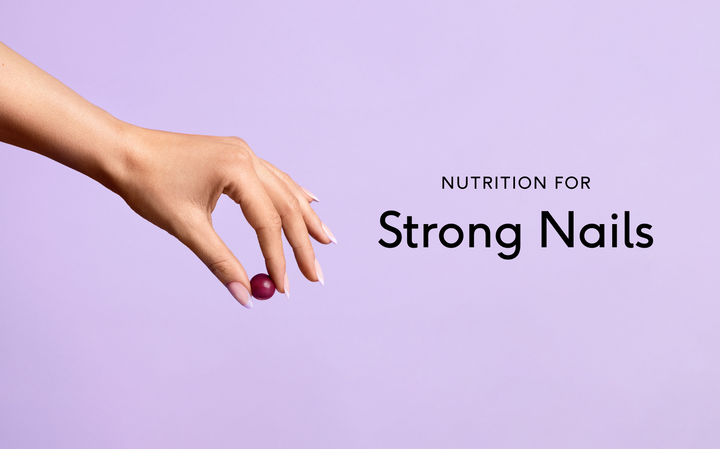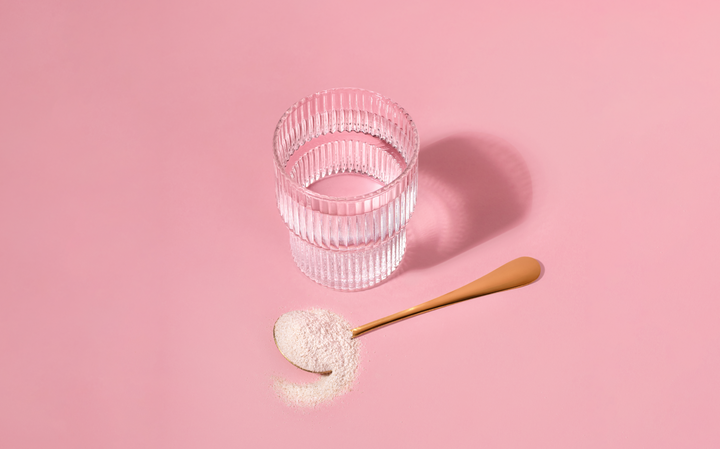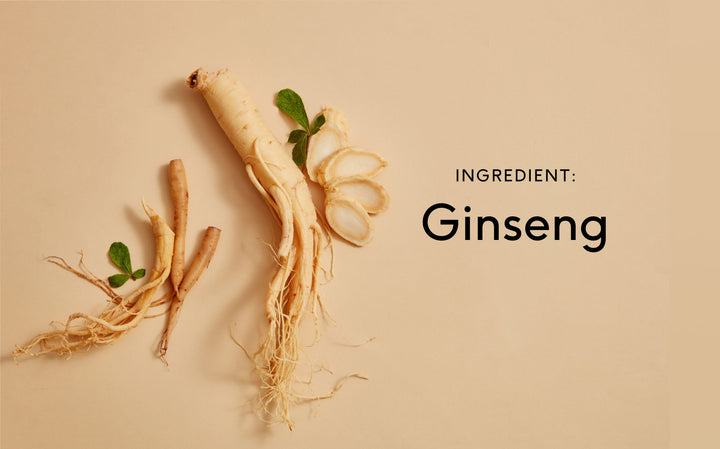What is Bacopa Monnieri? Benefits, History, and Science of Water Hyssop Extract
Table of contents

If you’ve ever wandered around in marshlands, you’ve probably seen Bacopa monnieri in its raw, unprocessed form. Native to the Americas, India, Africa, and most other parts of the world, this wet-loving, creeping, flowering herb still plays a major role in herbal medicine to this day.
As one of the only nootropics to exert direct antioxidant properties, complementing the other ingredients in Feel Nootropics with bacopa was our plan from the very beginning. Only over time, however, did the true benefits of ancient water hyssop come to light. Explore the history, benefits, and best ways to use Bacopa monnieri as we continue our investigation into the world’s top nootropics.
What is Bacopa monnieri? (water hyssop extract)
Common in freshwater wetlands, Bacopa monnieri bears small, rounded leaves and white, five-petaled flowers. At first glance, water hyssop looks just like any other weed, but appearances often aren’t everything.
Bacopa is a healing plant with many names. Let’s list a few of them to help clarify:
- Bacopa monnieri
- Water hyssop
- Brahmi
- Herb of grace
- Thyme-leaved gratiola
- Indian pennywort
What does it tell you when a plant receives so many designations from clearly separate cultures? Water hyssop plays an enduring role in human history, and only things of true worth stick around in our world.
Traditionally, the entire bacopa plant is used to prepare healing mixtures. These days, however, only Bacopa monnieri stems and leaves are dried, processed, and refined into a nootropic-rich plant powder. Bacopa isn’t synthesised since it’s widely available and inexpensive to process.
Known as “Brahmi” in Ayurvedic medicine, bacopa is used widely throughout India and the Himalayas. Ancestrally used to treat loss of strength, psychosis, and other conditions related to the nervous system, Bacopa monnieri is now more fully understood through the lens of modern science.
Why is it called Bacopa monnieri?
In addition to its many cultural names, Bacopa monnieri has a handful of other scientific designations:
- Bramia indica
- Moniera cureifolia
- Herpestis monniera
- Lysimachia monnieria
- Gratiola monnieria
- Bramia monnieri
As one of the most widely-researched Asian healing herbs, it’s only natural that water hyssop has such a complex taxonomical history. All the names that Western science has given bacopa, however, denote its curative, restorative properties.
What are the benefits of bacopa?
While ancient peoples may have intuited some of the benefits of Bacopa monnieri over the centuries, it’s only with the advent of contemporary scientific tools that we’ve unlocked the healing powers of water hyssop and other nootropic substances. In the following section, we’ll provide a brief introduction to the research surrounding bacopa and its many healing uses.
Antioxidant
Unsurprisingly, most of the studies on the benefits of bacopa or “Brahmi” are from India, and the vast majority of these studies were performed on rats. Large-scale clinical studies do not yet exist to support the antioxidant effects of Bacopa monnieri in humans, but there’s still plenty of hard evidence that begs consideration:
1. Bacopa monniera Linn. as an antioxidant: mechanism of action
2. Bacopa monnieri modulates antioxidant responses in brain and kidney of diabetic rats
3. Bacopa monniera Linn. extract modulates antioxidant and marker enzyme status in fibrosarcoma bearing rats
4. Antidiabetic and in vivo antioxidant activity of ethanolic extract of Bacopa monnieri Linn. aerial parts: a possible mechanism of action
5. In vitro antioxidant and hepatoprotective activity of ethanolic extract of Bacopa monnieri Linn. aerial parts
Ayurveda clearly places great stock in the antioxidant properties of Bacopa monnieri. There’s no scientific evidence yet that clearly proves these effects, but none of the studies conducted so far have disputed Ayurveda’s ancient claims either. Let’s not forget that some scientists think that if you stop oxidative stress, you stop disease altogether, which only raises more questions.
Focus & cognition
Let’s show the most impressive evidence in this category first:
The chronic effects of an extract of Bacopa monniera (Brahmi) on cognitive function in healthy human subjects.
This study determined how bacopa affected cognition in human adults. Here’s what the scientists had to say at the end:
“B. monniera may improve higher order cognitive processes that are critically dependent on the input of information from our environment such as learning and memory.”
But wait—there’s another clinical study into bacopa and cognition that goes even more in-depth:
Effects of 12-Week Bacopa monnieri Consumption on Attention, Cognitive Processing, Working Memory, and Functions of Both Cholinergic and Monoaminergic Systems in Healthy Elderly Volunteers
More than boosting any particular part of thinking or awareness, Bacopa monnieri appears to improve your overall ability to think and learn. It’s possible that this nootropic enhances neuroplasticity, which is your brain’s ability to rewire itself to be a better conduit of love, happiness, and fulfilment. Long story short, the researchers and their elderly test subjects enjoyed good results:
“B. monnieri suppresses AChE activity resulting in enhanced cholinergic function, which in turn enhances attention and memory processing and gives rise to the increased working memory.”
Research has shown that Bacopa monnieri may have impressive benefits for cognition and focus, which is why we've included 160mg of Bacopa monnieri in Feel Focus.
Anxiety
Known as the “stress hormone,” cortisol tells your nervous system to trigger anxiety symptoms. One study showed that bacopa improves anxiety by reducing cortisol levels. Here’s an excerpt:
“It was concluded that acute BM supplementation produced some adaptogenic and nootropic effects that need to be replicated in a larger sample”
In general, Brahmi is considered to be adaptogenic, which means it gently and naturally reduces anxiety. Let’s look at another paper supporting these conclusions:
Effects of a standardised Bacopa monnieri extract on cognitive performance, anxiety, and depression in the elderly: a randomised, double-blind, placebo-controlled trial.
The facilitators of this study performed a variety of standard anxiety tests and concluded that “B. monnieri has potential for safely enhancing cognitive performance in the ageing.” Fear over the uncertainties of life can sap your energy at any age, and the evidence shows that Bacopa monnieri might be able to help.
Blood pressure
Limited results show that bacopa may reduce blood pressure in people with hypertension. It’s likely that this effect is due to Brahmi’s overall antioxidant properties, but more research needs to be done. Here’s a study that showed positive results for bacopa’s effects on hypertension:
Bacopa monnieri and its constituents is hypotensive in anaesthetised rats and vasodilator in various artery types.
Where did Bacopa monnieri originate, and how were its beneficial properties discovered?
People have used water hyssop for medical purposes in India for thousands of years. Known commonly as Brahmi, this semi-succulent herb has dozens of different names throughout various regions of India.
In Ayurveda, Brahmi is considered to be a Rasayana herb, which roughly translates to the “path of the primordial tissue or plasma.” Rasayana plants are believed to reverse ageing, prevent disease, and fortify the mind, body, and spirit. Ayurvedic practitioners also use bacopa for skin conditions, anemia, painful urination, and constipation.
The uses of Brahmi vary throughout the Himalaya region and Indian Subcontinent, but every culture of the area believes that this common plant is vastly beneficial. Western medicine discovered Brahmi through Ayurveda, and the majority of bacopa research continues to be done at Indian universities.
Where does Bacopa monnieri grow?
This lush, creeping herb is commonly found in wetlands, marshes, riverbanks, and even wells. While water hyssop is used most widely for medicine in India, this plant is present throughout Asia, and it’s also common in Europe, Africa, the Americas, and even Australia.
Secrets and science behind bacopa
The American Botanical Council lays the scientific secrets of bacopa bare in this list of its documented effects:
“Bacopa has been found to have adaptogenic… antidepressant, antioxidant, astringent, anxiolytic, cardiotonic, cholinergic (activated, stimulated, or transmitted by choline/acetylcholine), cognitive-enhancing, diuretic, mildly laxative, refrigerant, sedative, and vasoconstrictive properties.”
Dozens of studies have been done into Brahmi, and they all support this plant’s beneficial effects. For a more speculative approach, however, we can look to Ayurvedic analysis of this plant’s effects on human beings.
According to ancient Vedic medical practitioners, the body is made up of physical and spiritual, visible and invisible forms. “Rasa” is one of the less-visible forces, and a “Rasayana” agent such as Brahmi cuts to the core of the issue and affects the most primordial part of your being.
If it’s true that oxidative stress is the root of all disease and that bacopa reduces its impact, then Ayurvedic physicians may be correct when they say that this nootropic heals you at the most basic and profound levels.
Why does Bacopa monnieri work, and how?
Many nootropics boost your brainpower by increasing levels of neurotransmitters, which the nervous system uses to communicate with your body and keep things on track. Brahmi, on the other hand, appears to operate primarily as an antioxidant—but in such a way that it primarily affects the nervous system instead of any other area of your body.
Not all antioxidants work the same, and the oxidation-fighting substances in Bacopa monnieri protect your brain and CNS from free radicals, which improves cognition and reduces anxiety. Combined with nootropics that boost neurotransmitters, bacopa can serve as the “broom and dustpan” that sweeps oxidative stress away to help your brain prepare for higher performance.
Research has shown that Bacopa monnieri functions as a powerful nootropic. Feel Moodtropics includes 25mg of Bacopa monnieri, perfect for supporting mood, mental clarity, and calmness.
Bacopa in biohacking/brain-hacking
Brain-hacking can only go so far as your stress levels allow. No matter how many neurotransmitters flood your CNS, you will reach a cap at the point that oxidative stress gets in the way. By soothing your mind and relaxing your brain, Brahmi prepares you for further nootropic excitation or simply helps you get through the day.
Used on its own, bacopa is a powerful neurological antioxidant. Combined with the other ingredients in Feel Nootropics, however, Brahmi is the key to a full, rich brain-boosting experience.
How to take Bacopa monnieri
Traditionally, the whole bacopa plant was ground into a powder and ingested orally. In some cases, this plant may have also been applied topically as a paste or salve, but whole-plant preparations were also used for these formulations.
Bacopa is usually prepared in oral capsules these days, but it may also be available as a powder. It’s most convenient to take a single capsule that contains bacopa along with other beneficial nootropics.
Bacopa in Ayurveda and Chinese medicine
Bacopa figures much more prominently in Ayurveda than it does in Chinese medicine, but that doesn’t mean the healing properties of water hyssop are unheard of in the Far East. While actual historical records are scarce, it appears that the Ancient Chinese believed bacopa improves yang energy, so it was often prescribed for conditions like impotence, fertility problems, and menstruation pain. Interestingly, Chinese medical practitioners also used Brahmi for kidney-related ailments.
How long have people been using Bacopa monnieri?
Like many other Ayurvedic substances, it isn’t clear exactly how long Brahmi has been in wide usage. This very lack of historical records, however, indicates that bacopa has been used for medical purposes for upward of 5,000 years.
Why we chose Bacopa monnieri for Feel Nootropics
Bacopa is the perfect complement to the other substances in Feel Nootropics, which mainly boost neurotransmitter levels in the brain and central nervous system. Rather than increasing neurotransmitter levels directly, Brahmi helps other nootropics operate properly by clearing the way of oxidative stress and inflammation.
How long does it take for Bacopa monnieri to work?
While some nootropics have almost instant effects, the impact of Bacopa monnieri is more subtle. Mostly, you’ll notice that the effects of the other nootropics you take become stronger when you also use bacopa, and you may notice slight changes in mood and perception when taking Brahmi alone. In general, you should expect to notice the effects of bacopa in 1-2 weeks.
Consistency is key and our research recommends taking your Feel supplements for at least 3 months to allow your body to adjust and provide you with the desired benefits.
How much bacopa should I take?
As most nootropic substances, bacopa doesn't have an established dosing standard. The majority of clinical studies have used around 250-500mg of Bacopa monnieri, and Feel Nootropics contain 25mg per capsule.
While other nootropics could cause side effects when consumed at dangerously high doses, bacopa operates primarily as a gentle antioxidant. Therefore, there is little danger in taking this particular nootropic substance in reasonably high quantities.




















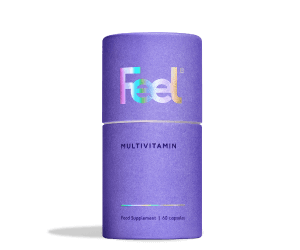

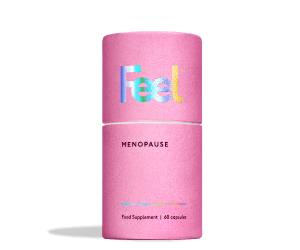
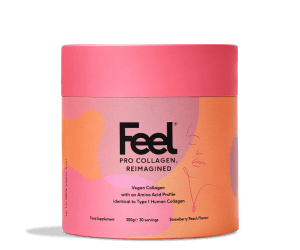
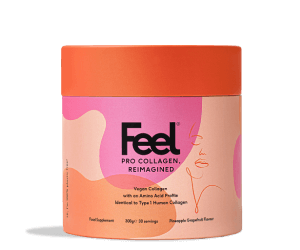


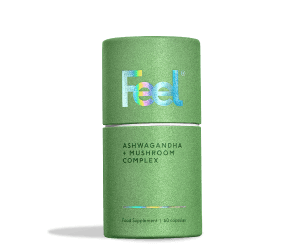
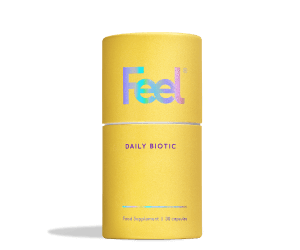
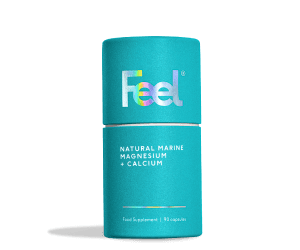

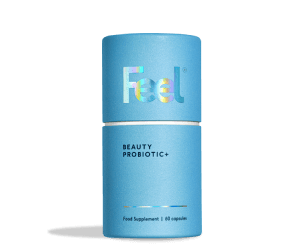
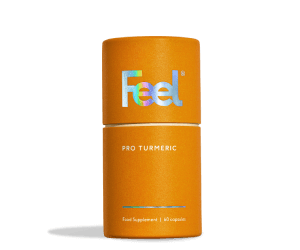
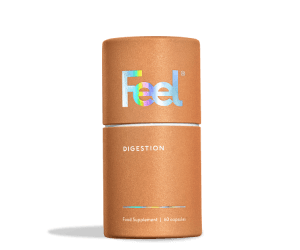

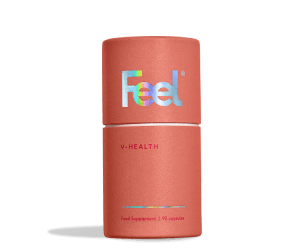

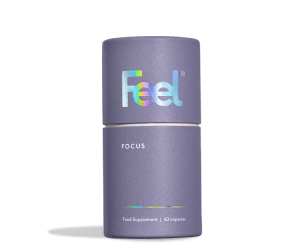


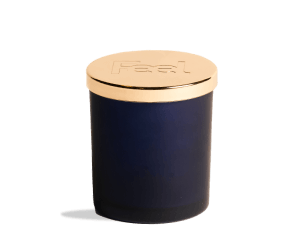
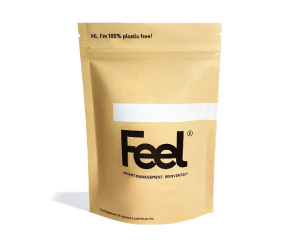

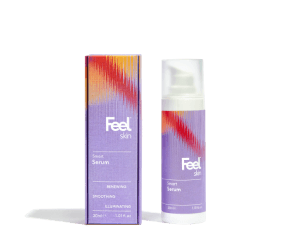




 Back
Back

